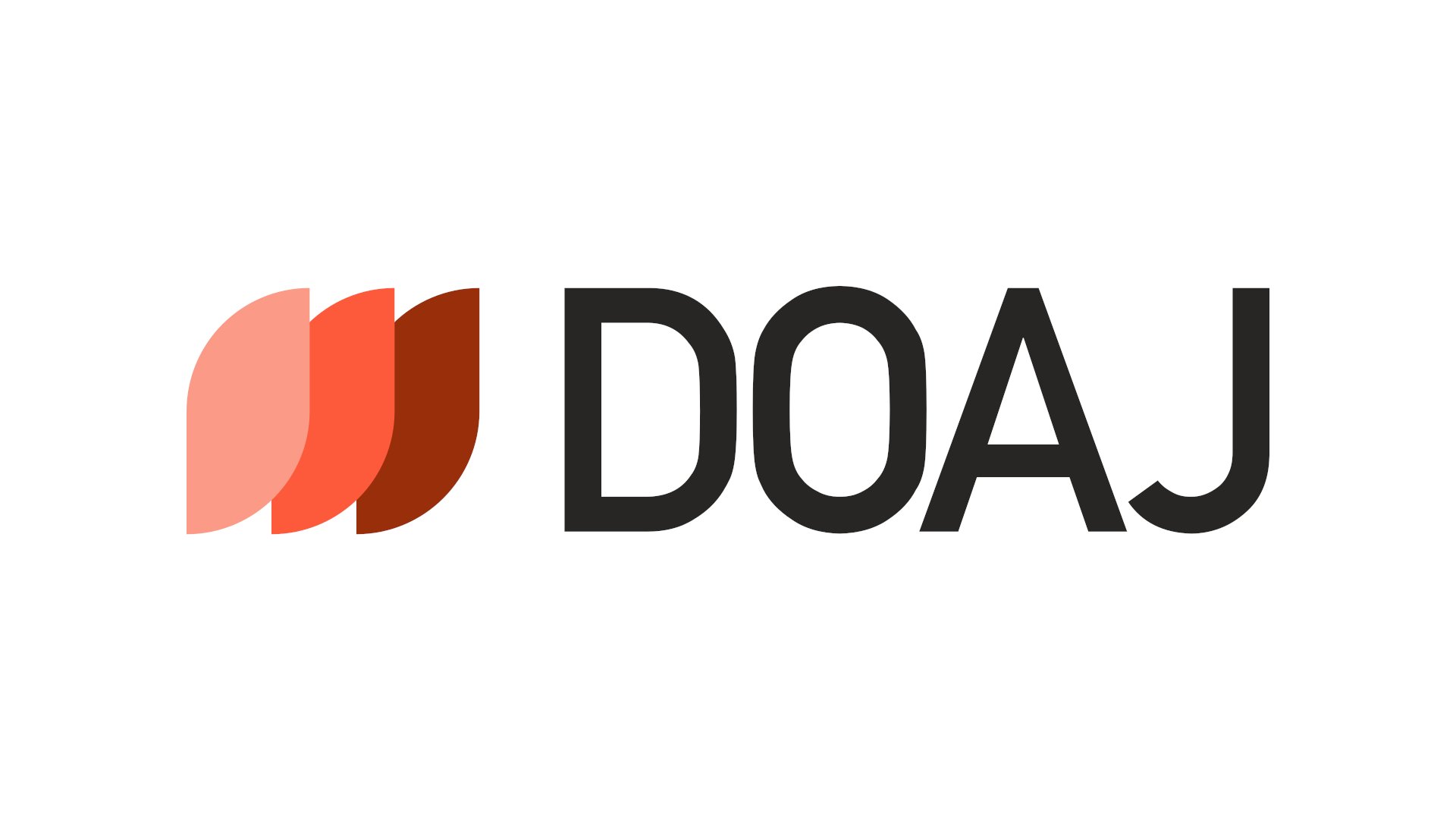Factors Influencing Students’ Continuance Intention in Learning through MOOCs: A Systematic Literature Review
DOI:
https://doi.org/10.33022/ijcs.v12i2.3181Keywords:
continuance intention, e-learning, MOOCs, PRISMAAbstract
Massive Open Online Courses or MOOCs advocate the "democratization of education”, which makes education available for everyone anywhere and anytime. The number of students who registered for a MOOC demonstrates that their intention to use MOOCs is reasonably high, yet only 7-10% complete the course. This review conducts literature review on frameworks or theories, instruments, and major factors that influence the intention to persist in MOOCs. A total of 150 articles spanning the years 2018–2022 are initially reviewed guided by PRISMA framework, from which 20 are selected based on the selection criteria in this study. Self-developed model and TAM has become the most often used theory to determine a persons’ continuance intention on MOOCs. The majority of studies utilized SEM and PLS-SEM as instruments to analyse the continuance intention data. Perceived usefulness is the most important and influential factor in MOOCs.
Downloads
Published
Issue
Section
License
Copyright (c) 2023 Muh Syaiful Romadhon, Kasiyah Junus, Harry B. Santoso, Mubarik Ahmad, Endina Putri Purwandari

This work is licensed under a Creative Commons Attribution-ShareAlike 4.0 International License.




